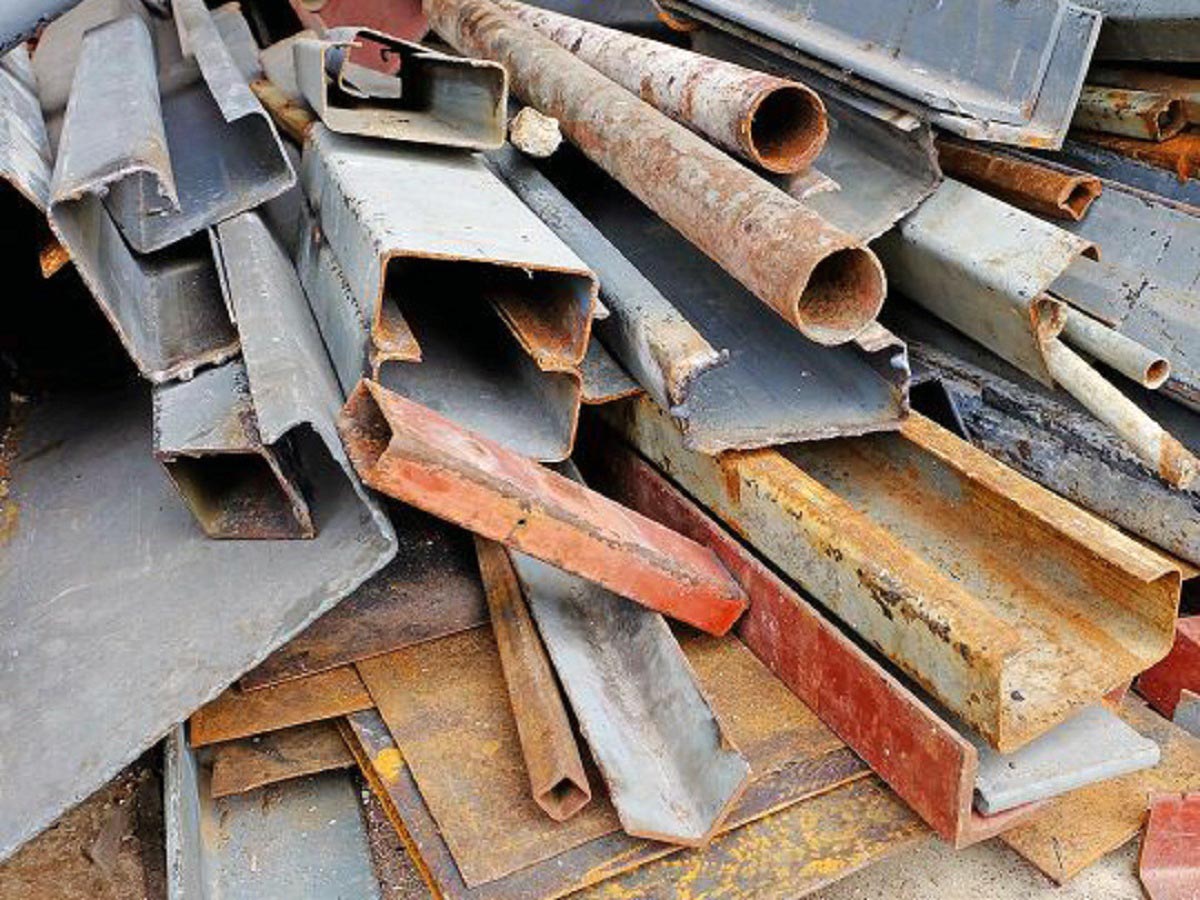Are you wondering how you can help maintain a clean Earth? Community-led initiatives, such as recent cleanup efforts in Massachusetts, show how impactful organized environmental actions can be. In this article, we explore a range of best practices and solutions for environmental compliance and sustainable waste management. From comprehensive waste disposal to innovative recycling strategies and responsible hazardous waste treatment, these approaches offer practical ways to protect the environment and contribute to a healthier planet—just as seen in community-driven cleanups.
Key Takeaways
- Comprehensive waste management practices include responsible non-hazardous and hazardous waste disposal, innovative recycling programs, and environmental compliance services designed for various industries.
- A broad, nationwide network of facilities enables efficient service delivery and rapid response for urgent cleanup needs while maintaining a focus on local regulations and community needs.
- Sustainability and innovation play key roles in modern waste solutions, with eco-friendly practices and advanced technologies driving environmental progress.
- Community-led efforts in Massachusetts, including a record-setting Earth Day cleanup, highlight the real-world impact of environmental stewardship and local engagement.
Comprehensive Waste Management Solutions

Modern environmental cleanup strategies are built on managing all types of waste efficiently and responsibly. These efforts span from routine non-hazardous waste disposal to advanced recycling systems and specialized hazardous waste treatment. The goal: reduce landfill dependency, reclaim usable materials, and handle waste with care and compliance.
Non-Hazardous Waste Disposal
Non-hazardous waste disposal efforts rely on sustainable and environmentally conscious methods. Reducing environmental footprints and promoting a circular economy are key principles that guide these processes.
Recycling Solutions
Innovative recycling initiatives have led to the diversion of millions of tons of waste from landfills, proving that with the right systems in place, material reuse can thrive and reduce overall environmental impact.
Hazardous Waste Treatment
Effective management of hazardous waste demands specialized handling and strict regulatory compliance. Numerous facilities across the country support secure treatment and disposal protocols that prioritize public and environmental safety.
Environmental Compliance Services
Environmental compliance plays a critical role in ensuring that businesses and public entities meet evolving regulations. Services like remediation, recycling, and beneficial reuse help reduce risk and promote sustainable development.

Inspection and Testing
Routine inspection and testing of systems such as fuel storage and pipelines help safeguard against leaks and environmental harm, ensuring operations remain compliant and safe.
Contaminated Soil Remediation
Emergency teams trained in soil remediation can respond quickly to contamination events, protecting surrounding land and water sources through immediate and effective action.
Dredged Material Management
Properly managing dredged materials is essential to minimize ecological disruption and ensure safe reuse or disposal that aligns with environmental guidelines.
Customized Solutions for Diverse Industries
Each sector faces unique waste and compliance challenges. From retailers aiming to boost recycling to healthcare facilities managing regulated medical waste, tailored strategies ensure that environmental goals are met responsibly.
- Retail: Focused on cutting waste and enhancing recycling systems
- Healthcare: Emphasizing safe, compliant handling of medical byproducts
- Industrial: Addressing both hazardous and non-hazardous material flow through innovation and efficiency
Nationwide Network for Efficient Service Delivery
A wide-reaching infrastructure allows environmental cleanup teams to operate swiftly and effectively across the country. Quick mobilization and access to local expertise ensure that both routine and emergency cleanups are conducted with precision.
Local Expertise and Rapid Response
Regional familiarity with regulations and challenges ensures environmental solutions are tailored and effective. For example, Green Team Junk Removal—an active contributor to local cleanup events—demonstrates how regionally grounded teams can mobilize quickly, navigate local compliance standards, and support impactful, community-level environmental efforts. Advanced technologies such as smart scheduling systems improve service response and reduce operational delays.
Commitment to Sustainability and Innovation
Environmental cleanup is evolving through the integration of sustainable practices and cutting-edge innovations. From material conservation to AI-enhanced logistics, the sector continues to adapt to growing ecological demands.
Sustainable Practices
Reducing waste, conserving energy, and promoting material reuse are foundational to sustainable cleanup operations. These principles drive progress across industries and communities alike.
Innovative Technologies
Smart tools and automation are reshaping how waste is collected, sorted, and processed. Efficiency and transparency are improved, supporting faster and greener cleanup operations.
Community Engagement Through Environmental Cleanup Action

Community involvement is a cornerstone of environmental success. By engaging local residents, supporting educational initiatives, and organizing cleanup events, communities play a direct role in protecting their surroundings.
Earth Day in Action: Worcester Cleanup Event
A notable example of environmental action occurred during the Regional Environmental Council (REC)’s Earth Day celebration in Worcester, Massachusetts. In a rain-soaked but determined effort, volunteers participated in a spirited cleanup competition across the Green Island and Canal District neighborhoods.
In just three hours, 23 volunteers collected a staggering 799.72 lbs of trash—a record in Green Corps history. One team alone gathered 514.48 lbs, earning:
- Two tickets to the WooSox game on May 24
- A $25 voucher to a Canal District restaurant or store
The event concluded with lunch at George’s Coney Island, reinforcing the power of unity and shared purpose.
Special thanks were extended to:
- Green Team Junk Removal
- Worcester Red Sox
- The Canal District
- United Way of Central Massachusetts
- "I Pick Up Worcester Litter Very Well"
With support from Senator Mike Moore and District 4 City Councilor Luis Ojeda, the event was both impactful and inspiring.
History made. Streets cleaned. The community is stronger.
Environmental Progress in Practice
Long-Term Collaborations
Collaborative partnerships across industries show how reliable environmental strategies build trust and achieve consistent results.
Impact Narratives
Success stories across sectors reinforce the value of strategic planning, innovation, and community involvement in achieving long-term environmental goals.
Looking to make an impact in your community?
Partner with Green Team Junk Removal for fast, reliable, and eco-conscious cleanup services that support a cleaner, healthier environment—one neighborhood at a time. Contact us today to get started on your next cleanup initiative. By combining technology, tailored services, and community-driven events, we help build cleaner, healthier communities across the country.





